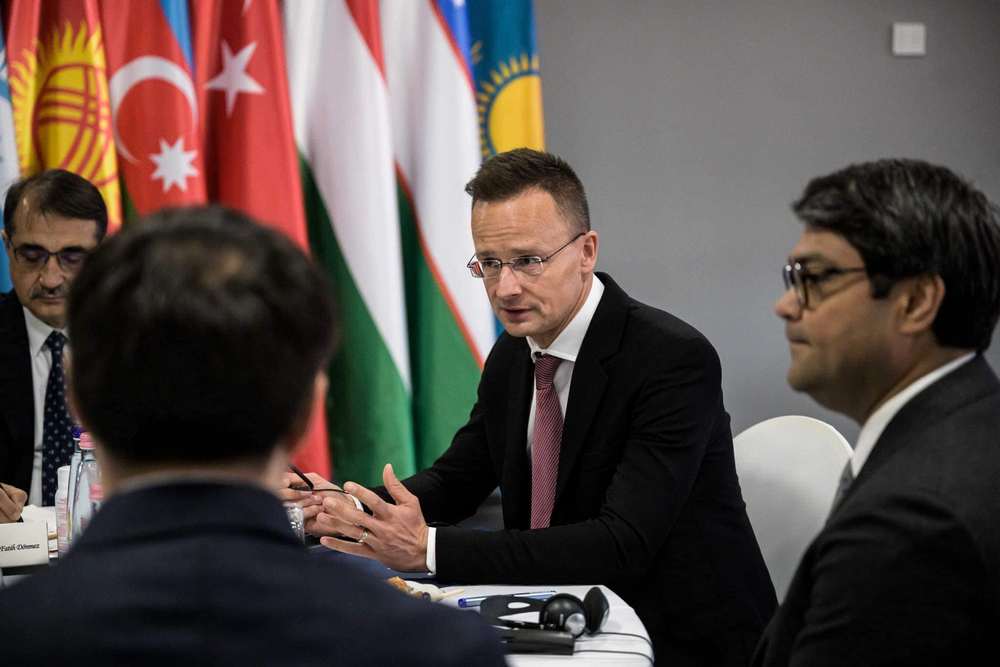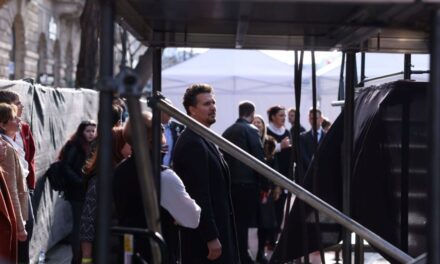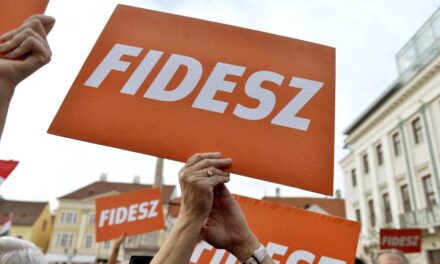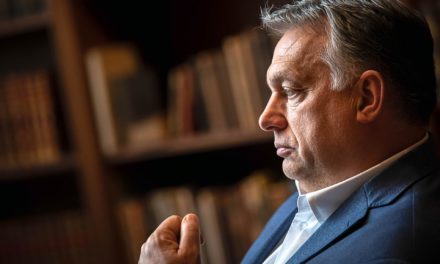At the opening of the year of the Hungarian Chamber of Commerce and Industry, the head of the ministry stated that the question is not whether they will be built, but simply where.
"After all, when we compete for these investments, we compete with the countries that most strongly attack us or the Chinese or Chinese investments in terms of political communication”
he pointed out.
He emphasized: " In Hungary, even in the case of these investments, much stricter rules than the European rules must be observed." He also pointed out that our country is already the fourth largest producer of electric batteries in the world, and batteries have been our number one export item for the last thirteen months, so you can't say that "this is something mysterious" and "we don't know what will become of this".
"Until now, the opposition didn't have a problem with this, obviously, until some kind of inspiration was created here that it would be better if these factories did not create tens of thousands of jobs in Hungary, but somewhere else."
he said.
He also reported that Hungary has become the meeting point of Eastern and Western investments, which is a guarantee of long-term economic growth and protection against uncertainties.
All three German premium car brands have factories in our country, and three of the world's seven largest electric battery manufacturers are still present today, while Western companies in the sector have become completely dependent on Eastern partners.
"This is the life insurance for Hungary's economy, that we are unavoidable in this regard"
he announced.
Péter Szijjártó then addressed the debate as to why the government supports large international companies instead of domestic small and medium-sized companies. "This is a hypocritical question, here there is not a one-to-one relationship between the two, but a and relationship," he pointed out, adding that the support ratio is also much higher for Hungarian corporate investments.
"I think that one of the most significant supports for Hungarian businesses is precisely the fact that we bring large investments to Hungary that support long-term demand for their products and services," he opined.
He underlined that the success of the strategy aimed at strengthening the role of Hungarian suppliers is demonstrated by the fact that in last year's crisis, the production value of the electronics and automotive sectors also set a record.
Furthermore, he highlighted the need to act against the repeated blocking of the world, as this is sharply against the interests of Hungary, and indeed of the whole of Central Europe, since the region has always lost the conflict between East and West. Instead, we need connectivity, that is, cooperation based on mutual respect and benefits. "This is our policy, this is what would serve our interests," he said.
"For that, you have to maintain dialogue, and just to maintain that dialogue, you have to fight a huge struggle and you have to endure massive attacks," he said.
"When we maintain contact with the part of the world to the east of us, we are not violating our alliance commitments, this does not make us a worse ally, but at the same time it clearly serves our national interests"
he added.
Finally, the minister also touched on the topic of the war in Ukraine, mentioning failed measures in Brussels and almost unprecedented security and economic challenges.
He stated that in the neighborhood of the armed conflict, the negative effects are felt extremely severely and directly, and the danger of a possible escalation is also the highest here.
"When we argue for a cease-fire, for peace negotiations, and for peace to be established, then we do not represent the position of one or the other of the warring parties, but our own, and moreover, the position of a nation whose members die in this war" - summarized.
MTI
Photo: Péter Szijjártó's Facebook page













